COURSE OVERVIEW
PROCESS & CHEMICAL ENGINEERING
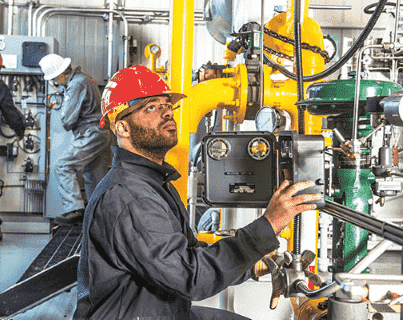
OVERVIEW
| COURSE TITLE | : | PE0660 : Rules of Thumb in the Design of Process Equipment |
| COURSE DATE | : | Jun 24 - Jun 27 2024 |
| DURATION | : | 4 Days |
| INSTRUCTOR | : | Mr. Robert Harvey Days |
| VENUE | : | Al Khobar, KSA |
| COURSE FEE | : | $ 4500 |
| Register For Course | ||
OTHER SCHEDULED DATES
| Date | : | Mar 04 - Mar 07 (4 Days) | Location | : | Dubai, UAE | Classroom Fee (US$) | : | $ 4500 | Course Info |
| Date | : | Sep 09 - Sep 12 (4 Days) | Location | : | Istanbul, Turkey | Classroom Fee (US$) | : | $ 5000 | Course Info |
| Date | : | Dec 16 - Dec 19 (4 Days) | Location | : | Abu Dhabi, UAE | Classroom Fee (US$) | : | $ 4500 | Course Info |
Course Description
This practical and highly-interactive course includes various practical sessions and exercises. Theory learnt will be applied using our state-of-the-art simulators. Chemical Engineers are at the forefront of creating and developing processes and products. They are operating at the leading edge of technology and they are the minds and backbone of the process industry. All engineers, in general, employ mathematics, physics and the engineering art to overcome technical problems in a safe and economical fashion. Yet, it is the chemical engineer alone that draws upon the vast and powerful science of chemistry to solve a wide range of problems. The strong technical and social ties that bind chemistry and chemical engineering are unique in the fields of science and technology. The breadth of scientific and technical knowledge inherent in the profession has caused some to describe the chemical engineer as the ?Universal Engineer?. Despite a title that suggests a profession composed of narrow specialists, chemical engineers are actually extremely versatile and able to handle a wide range of technical problems.The rule of thumb is defined as ?a rough guestimate measure, practice or experience, as distinct from theory?. Engineers need such rules of thumb to guide decisions, set goals and check results. Some believe that providing a collection of rules of thumb is dangerous because engineers might forsake the fundamentals and place too much emphasis on order-of-magnitude estimates. However, it was found for problem solving in industry, for design, for process improvement and for troubleshooting that rule of thumb are not dangerous but they are very essential. This course is designed to provide chemical and process engineers with a lot of common-sense techniques, shortcuts and calculations to quickly and accurately solve day-to-day design, operations and equipment problems. The practical tips, handy formulas, correlations, curves, charts, tables, and shortcut methods presented in this course will save engineers valuable time and effort. This course covers rules of thumb applicable to Fluid flow, Heat exchangers, Fractionators, Absorbers, Pumps, Drivers, Separators/accumulators, Boilers & Cooling towers.
TRAINING METHODOLOGY
This interactive training course includes the following training methodologies as a percentage of the total tuition hours
LecturesWorkshops & Work Presentations
Case Studies & Practical Exercises
Videos, Software & Simulators
In an unlikely event, the course instructor may modify the above training methodology before or during the course for technical reasons.
VIRTUAL TRAINING (IF APPLICABLE)
If this course is delivered online as a Virtual Training, the following limitations will be applicable
| Certificates | : | Only soft copy certificates will be issued to participants through Haward’s Portal. This includes Wallet Card Certificates if applicable |
| Training Materials | : | Only soft copy Training Materials (PDF format) will be issued to participant through the Virtual Training Platform |
| Training Methodology | : | 80% of the program will be theory and 20% will be practical sessions, exercises, case studies, simulators or videos |
| Training Program | : | The training will be for 4 hours per day starting at 09:30 and ending at 13:30 |
| H-STK Smart Training Kit | : | Not Applicable |
| Hands-on Practical Workshops | : | Not Applicable |
| Site Visit | : | Not Applicable |
| Simulators | : | Only software simulators will be used in the virtual courses. Hardware simulators are not applicable and will not be used in Virtual Training |
RELATED COURSES
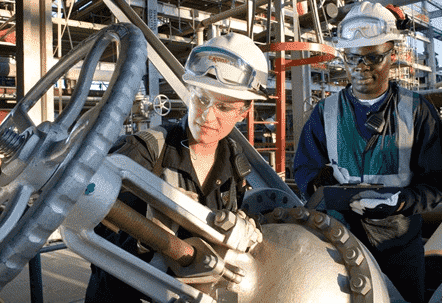
PE0120 : Catalyst Selection & Production Optimization
- Date : Jul 15 -Jul 18 / 3 Days
- Location : Abu Dhabi, UAE
- Course Details Register
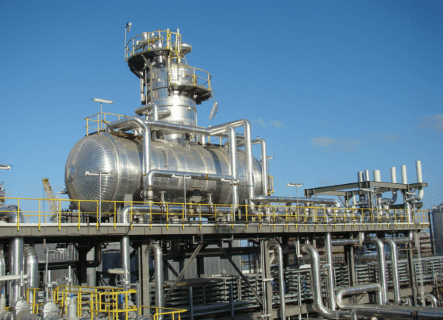
PE0620 : Polyethylene & Polypropylene Manufacturing & Process Troubleshooting
- Date : May 13 -May 16 / 3 Days
- Location : Al Khobar, KSA
- Course Details Register
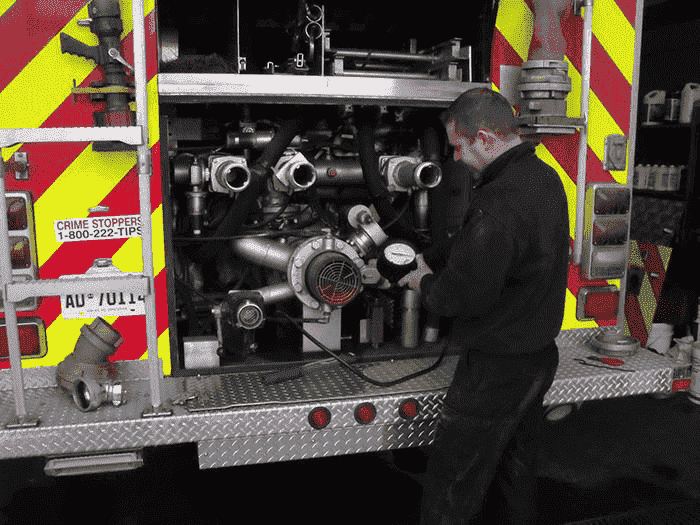
PE0127 : Operations Abnormalities & Plant Upset
- Date : May 13 -May 16 / 3 Days
- Location : Abu Dhabi, UAE
- Course Details Register
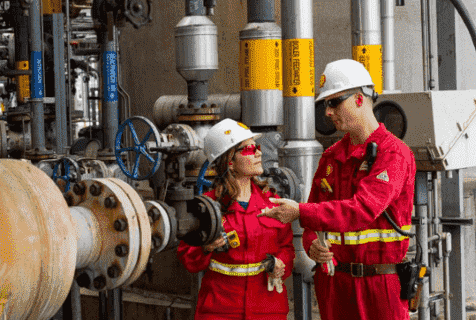
PE0640 : Troubleshooting Process Operations
- Date : May 20 -May 24 / 3 Days
- Location : London, United Kingdom
- Course Details Register
